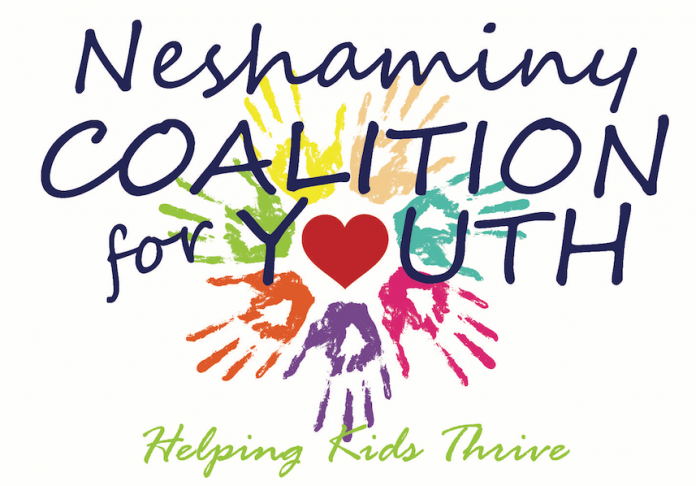In the midst of the global COVID-19 pandemic, another health concern – one that’s been all too present for years – continues to rear its ugly head.
Drug addiction.
Recent data from the National Survey on Drug Use and Health indicates continued increases in youth prescription drug abuse as well as marijuana, ecstasy and methamphetamine use.
To help local teens avoid temptation and lead healthy lives, the Neshaminy Coalition for Youth and the Council of Southeastern PA secured a federal grant through the Drug-Free Communities Support Program. Distributed over a span of five years (plus an additional five if positive work is being done), the funding is aimed at helping prevent and reduce youth substance abuse.
The philosophy behind the DFC Program is that local drug problems require local solutions and so far, this idea seems to be working. Based on evaluation data, youth substance use is lower where DFC dollars are invested.
According to Howard Podgurski, community mobilizer and educator with NC4Y, less than 1 percent of grant applicants actually receive the award each year. He said the coalition was chosen because various sectors, including parents, law enforcement, religious organizations, healthcare professionals and other agencies, have the ability to unite for this common cause.
“It’s about a community’s capacity to solve the problem, and we’re very fortunate here,” he said. “Now, it’s a question of how we bring them together and all act on the same page.”
Melanie Swanson, prevention specialist with the Council of Southeastern PA, echoed Podgurski’s sentiment.
“As far as getting the grant, it’s not just about need. It’s about capacity,” she said. “Even if you have extreme need, if you don’t have the capacity to do the work to address it, you won’t get the grant.”
NC4Y serves the municipalities that make up the Neshaminy School District, including Middletown Township, Langhorne, Langhorne Manor, Penndel, Lower Southampton and Hulmeville. Its mission is to empower youth to lead productive lives by avoiding negative behaviors such as substance use.
Within these areas, the grant will focus specifically on teens’ use of vaping and marijuana.
“We’re really looking at the data behind what youth are doing and trying to intervene,” Swanson said. “With vaping, for instance, it’s become very popular among youth. We’ve never seen any substance-use issue spike this quickly. Some of it has to do with the industry, marketing to youth. Some of it has to do with social norms and the fact that it’s perceived as cool. It has to do with lack of awareness about some of the potential harms, and also access and availability. There are some stores that are routinely selling to youth even though they’re not supposed to by law.”
Podgurski added that while a teen may use marijuana as a way to reduce stress, this can quickly lead to experimentation with harder drugs.
“We inadvertently as parents, sometimes, enable some of those problems by overparenting, by allowing for isolation. We know that depression is a significant problem. It’s a contributor,” he said. “And we know that in the area of substance abuse, when you look at just opioids, whether it’s legal or illegal, depending on where you’re getting your data, between 60,000 and 80,000 people in the United States die of those problems each year. The problem is, the gestation period is months and years. It’s not days and weeks.”
Currently, NC4Y and the Council of Southeastern PA are in the preliminary stages of introducing the grant, and are calling on each municipality for assistance.
“We’re looking to identify community activities and events that we should be participating in and bringing awareness of the involvement in solutions. Should we be part of Chamber of Commerce events? Religious activities?,” Podgurski said. “It’s very important we identify as many community and parents organizations as possible in the municipalities. They need to contact us about what they are doing to make positive changes in our community. If the work and programs they are providing fall into the scope of our grant, we may be able to help them with matching funding. The match on their side can be money and/or time.”
For locals looking to get involved, email [email protected] for more information. Podgurski can be reached at [email protected] and Swanson at [email protected].
Samantha Bambino can be reached at [email protected]


